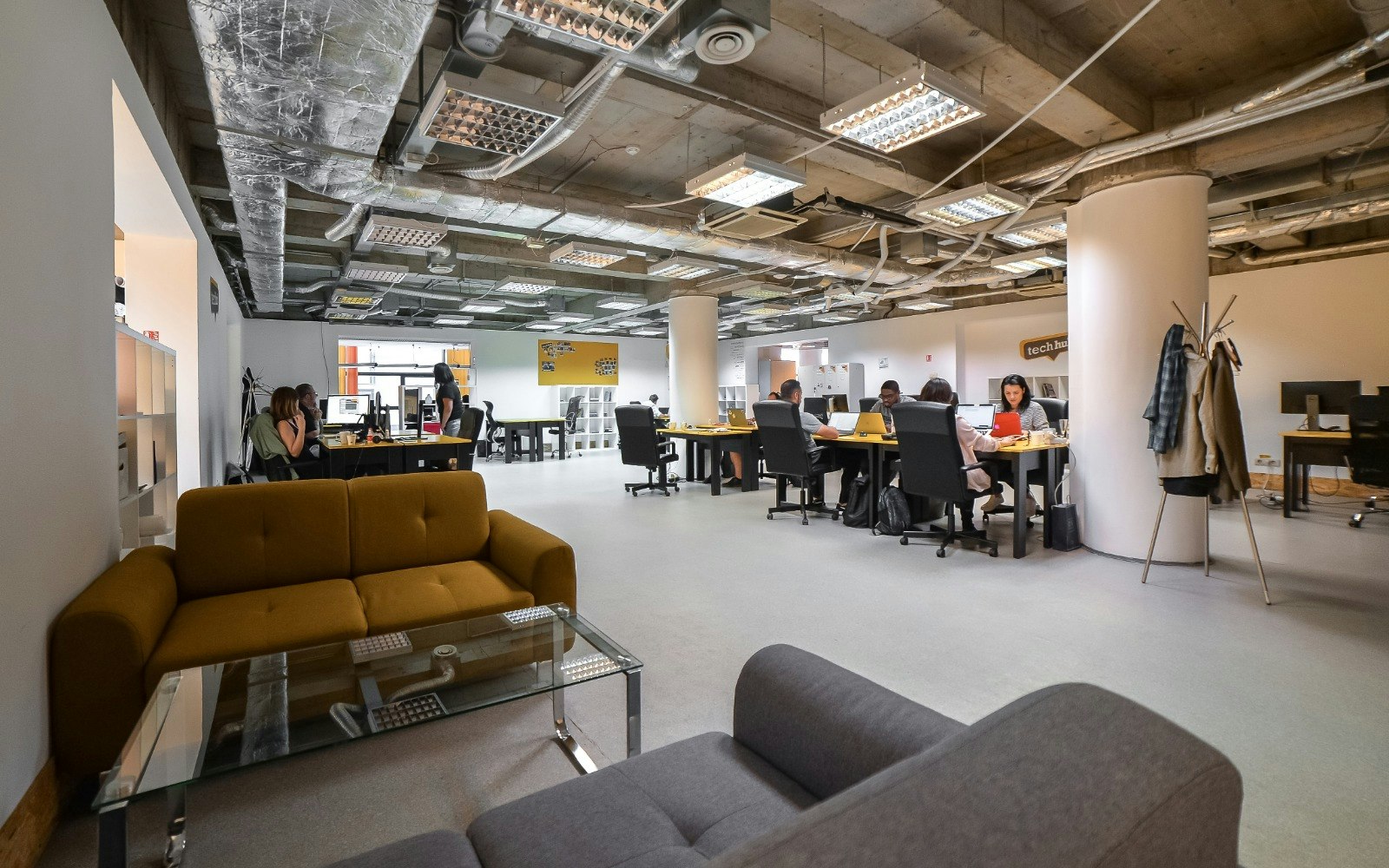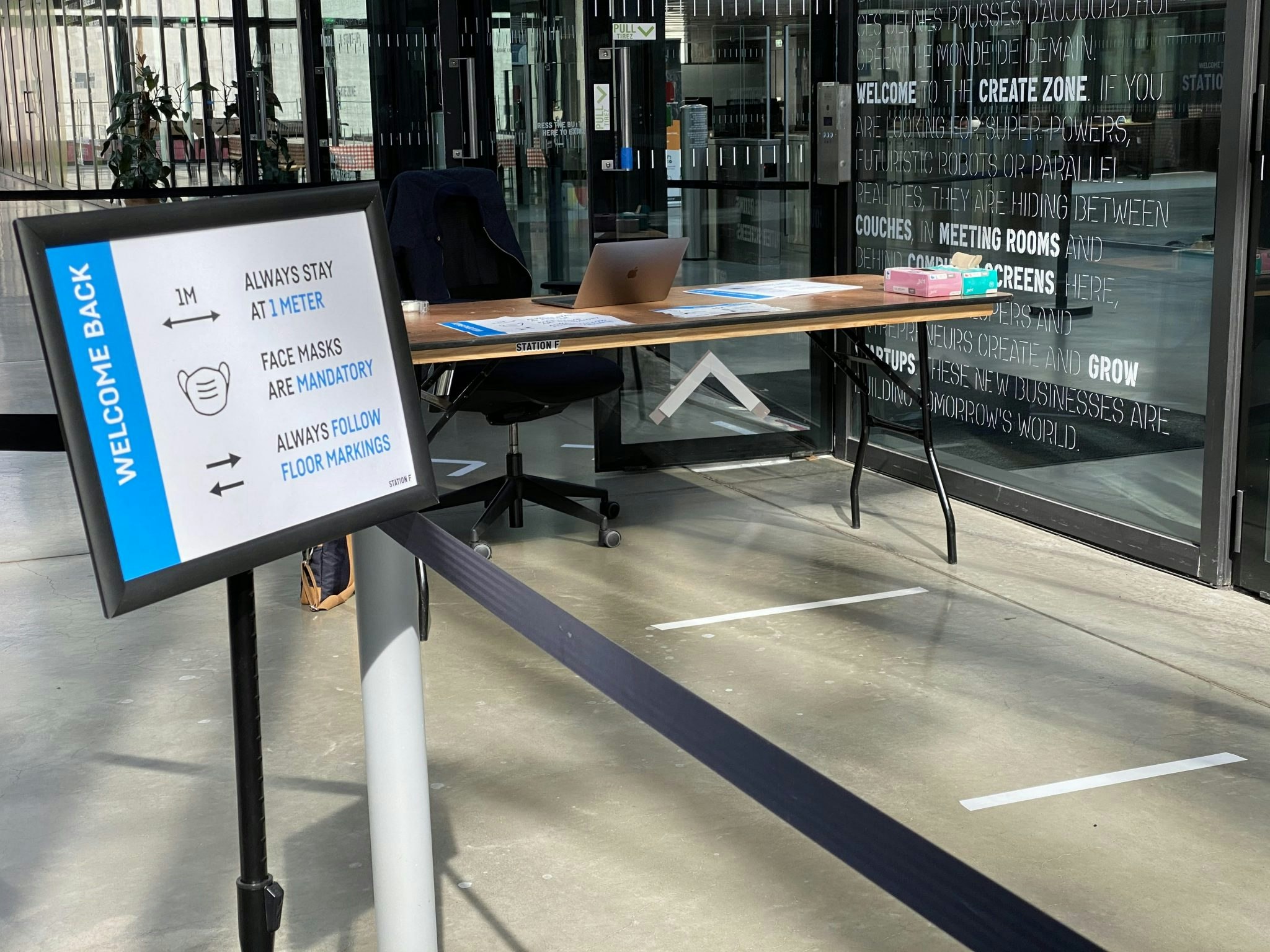Silicon Valley loves a fad. And the defining fad of the last 18 months has surely been the metaverse, mostly thanks to Mark Zuckerberg rebranding Facebook to Meta and betting big on virtual worlds.
Having more of our lives move into virtual spaces after companies went fully remote during the pandemic seemed like a natural extension. Zoom calls, Slack, working from home — these previously niche features of our working life suddenly became the default as lockdown measures evolved into new social norms. You may not be wearing VR goggles, but Zoom meetings are a kind of metaverse.
Well (Zuckerberg, look away now) I’m afraid I disagree: the metaverse sucks. We are not the one-dimensional people Zuckerberg and the metaverse reduce us to — and neither are our workplaces. And if you’re running a startup that you want to grow quickly, you’re dooming it to failure from day one if you think virtual worlds are any replacement for in-person interaction.
It’s impossible to create a strong culture without in-person interactions
In-person interactions do something that a virtual room full of Sims-style avatars can never achieve — they build relationships, rapport and trust. They allow you to look a colleague or business partner in the eye and relate to them as a fellow human — just as our ancestors have done for thousands of years. That’s obviously important for growing a business by forging relationships with customers, but it’s crucial for internal purposes too, not least building a strong company culture.
I don’t believe my junior colleagues can ever truly buy into the TravelPerk way of doing things if they’ve never actually met me or anyone else they work with. In fact, I’d wager that it’s fundamentally impossible to create a strong company culture without in-person interactions.
The tech sector has a habit of over-relying on technology for the answer to every problem
Face-to-face meetings also allow much more nuanced conversation than you’ll ever get online, which is crucial for reaching good decisions as a business and doing so quickly. I’ve been in enough strategy meetings to know that there are often subtle differences in opinion in the room which will simply get lost if you’re just a face on a screen, leading to worse decisions. And you’ll never get the true measure of a candidate if you’re interviewing them over Zoom rather than across your desk — and every founder will tell you how important having the absolute best people from day one is.
That’s not to say that remote working doesn’t have its place in a startup’s toolkit. If you’re working on a spreadsheet or fixing a complex bug and you need to get your head down and concentrate, then working alone — from home or in an area of the office that offers comfort and privacy — is often the best set-up.
Make your office meet its full potential
So what’s the best approach for a founder with all this in mind? Certainly, it’s not about restoring pre-pandemic ways of working, which the world has moved on from. And it’s not about presenteeism, as anyone who I’ve told to go home if they’re still in the office past 7pm will tell you.
Instead, it’s the principle that what you’re doing dictates what you need from your work environment — and if what you’re doing involves human interaction, then it should be in real life. At TravelPerk that’s reflected in our only remote vs in-person policy: meeting other humans should be done in real life.
👉 Read: What Tinder can teach us about building a digital office
Of course, as a leader, it’s on you to make sure that being in the office actually meets its full potential. When we refitted our HQ following the pandemic, my brief to the design team was to make everyone’s workstation better than their desk at home. For designers, that might have meant open, collaborative spaces. For sales teams — to create a high-energy, competitive environment — we installed banks of phone booths for calls with customers. For engineers, it could be quiet space to concentrate.
In each case, we built it intentionally with the specific needs of that function front of mind, rather than mindlessly forcing them into our preconceived idea of what the office should be and insisting they turn up five days a week to work in it.
The tech sector has a habit of over-relying on technology for the answer to every problem. And often (including when it comes to revolutionising the world of business travel!) they’re right. But when it comes to dealing with people — whether assembling a strong team, creating a culture that sets you up to succeed, or building the customer relationships you need to grow — the interactions that matter happen in person. And — sorry Zuckerberg — they always will.


